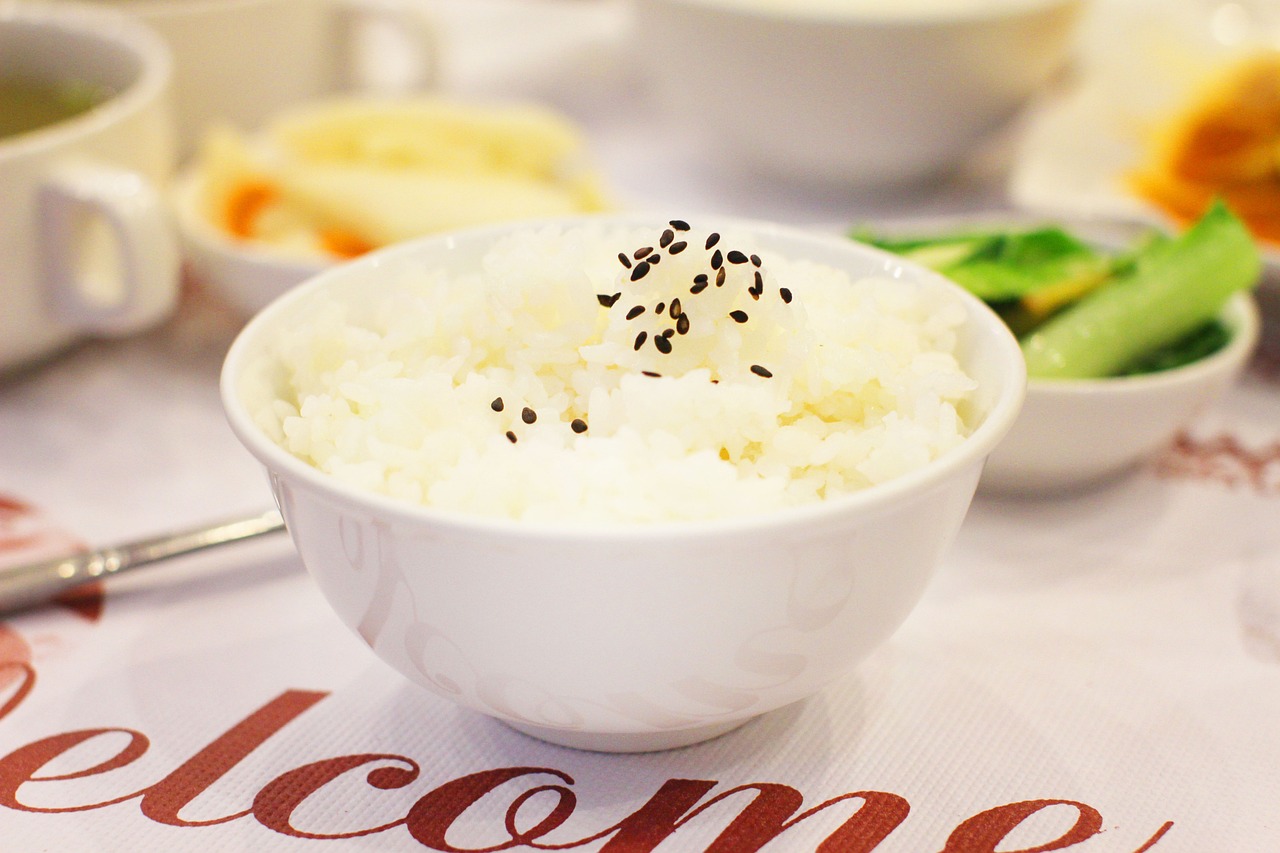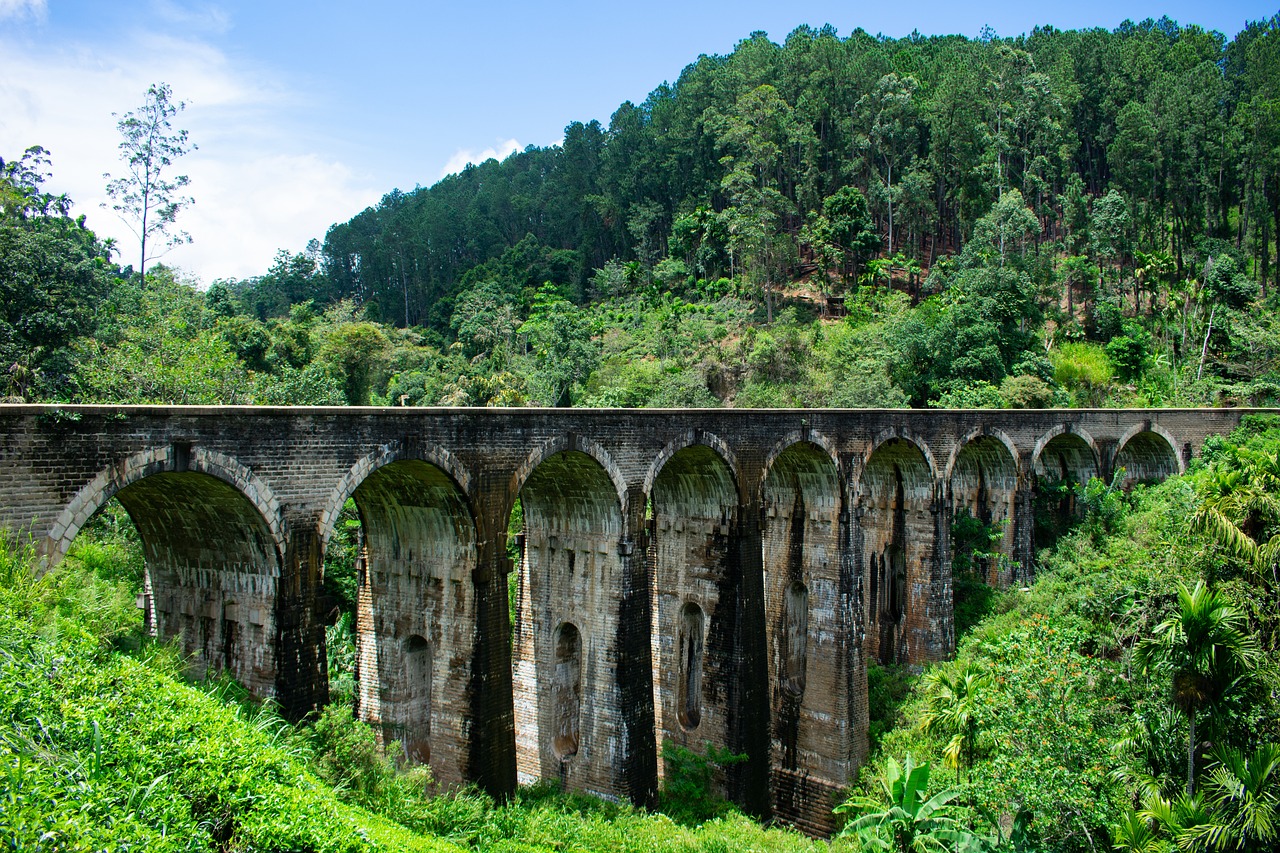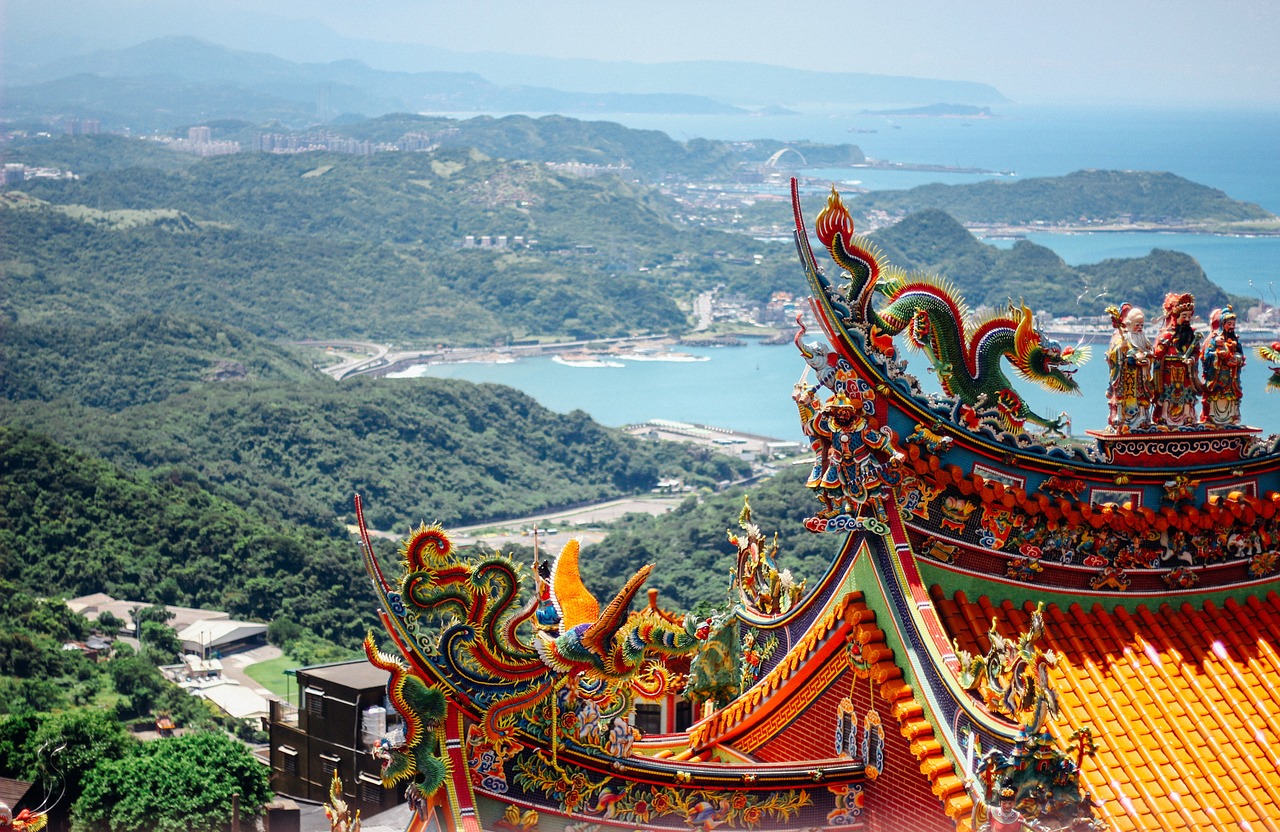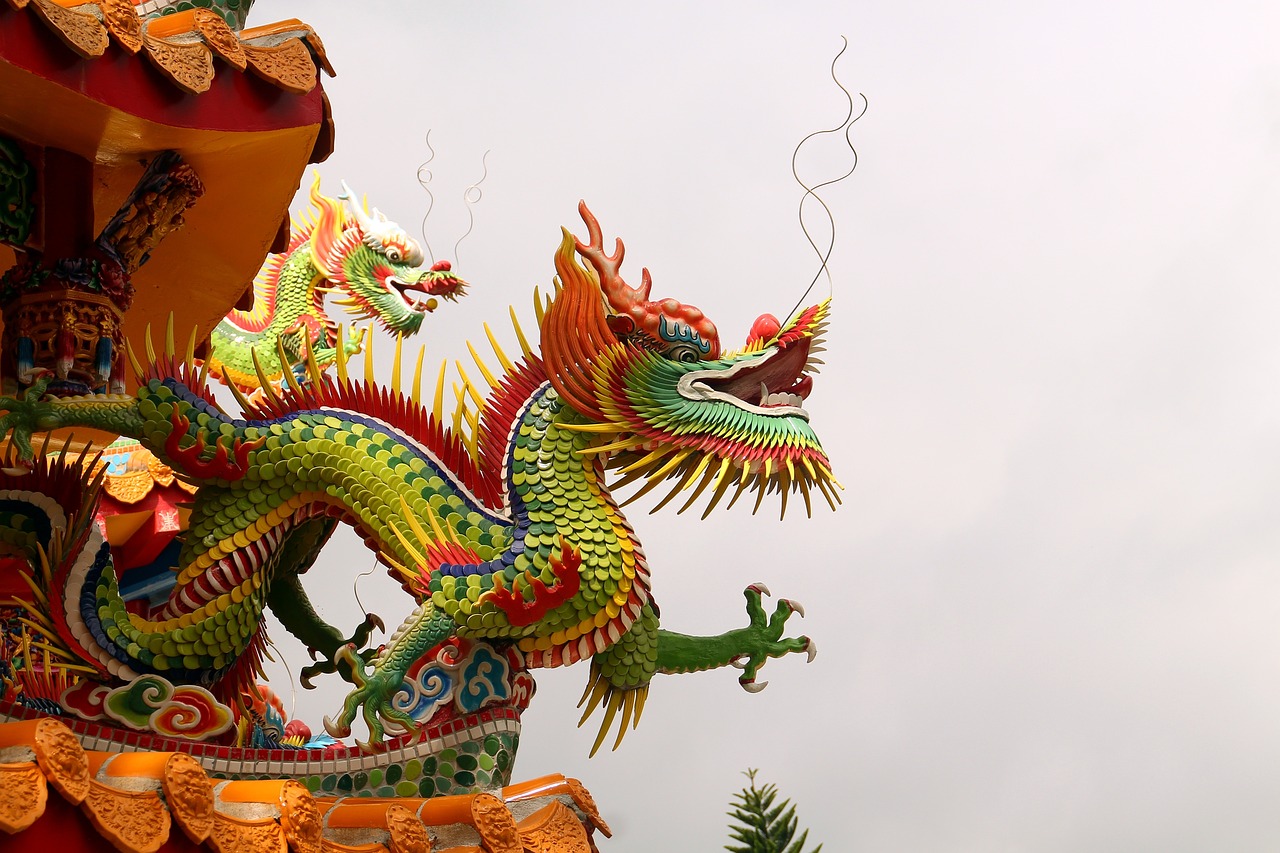Taiwan Video
Cultural Sensitivities: Understanding Local Norms in Taiwan
Taiwan, officially known as the Republic of China, is a vibrant island nation located in East Asia. With a rich cultural heritage, Taiwan boasts a unique blend of traditional Chinese customs, indigenous influences, and modern trends. To fully appreciate and navigate Taiwanese society, it is crucial to understand and respect the local norms and cultural sensitivities. This article will provide detailed insights into various aspects of Taiwanese culture, ensuring that visitors have a meaningful and respectful experience during their stay.
Language and Communication
Language plays a significant role in Taiwanese culture, and although Mandarin Chinese is the official language, various dialects and indigenous languages are also spoken. Here are some key points to consider:
- Use Mandarin Chinese: While many Taiwanese people can understand English, it is polite to learn a few basic Mandarin phrases to communicate effectively.
- Respectful Address: Addressing individuals with their appropriate titles and using honorifics, such as “Mr.” or “Ms.,” shows respect and courtesy.
- Non-Verbal Communication: Taiwanese people value non-verbal cues such as body language and facial expressions. Maintaining eye contact and nodding during conversations signifies attentiveness.
- Giving and Receiving Business Cards: When exchanging business cards, use both hands to present and receive them. Take a moment to read the card before putting it away.
Etiquette and Social Customs
Taiwanese society places great importance on etiquette and social customs. Understanding and adhering to these norms will help visitors navigate social interactions smoothly:
- Greetings: When meeting someone for the first time or in a formal setting, a slight bow or handshake is appropriate. Address elders or those in higher positions first.
- Gift Giving: Presenting gifts is a common practice in Taiwan. Gifts should be wrapped neatly and given with both hands. Avoid giving clocks or anything associated with the number four, as it is considered unlucky.
- Dining Etiquette: Wait for the host or eldest person to start eating before you begin. It is customary to use chopsticks and a spoon during meals. Do not leave your chopsticks sticking upright in a bowl of rice, as this symbolizes death.
- Temples and Religious Sites: When visiting temples, dress modestly and remove your shoes before entering. Be respectful by refraining from loud conversations or disruptive behavior.
Food and Cuisine
Taiwanese cuisine is renowned for its diverse flavors and culinary traditions. Exploring the local food scene is a must when visiting Taiwan. Here are some highlights:
- Night Markets: Taiwan’s night markets are bustling hubs of street food and local delicacies. Try popular dishes like stinky tofu, oyster omelets, and bubble tea.
- Vegetarian Options: Taiwan has a significant vegetarian population, and vegetarian-friendly restaurants are readily available. Look for the “素食” (sù shí) sign to find vegetarian options.
- Hot Pot Culture: Hot pot is a popular communal dining experience in Taiwan. Enjoy cooking various ingredients in a simmering pot of flavorful broth.
- Tea Culture: Taiwanese tea culture is deeply ingrained in society. Sample different types of tea, such as oolong, green, and bubble tea, and learn about their unique brewing methods.
Festivals and Celebrations
Taiwanese people celebrate a wide range of traditional festivals throughout the year. Participating in these festivities provides a deeper understanding of the local culture. Here are some notable celebrations:
- Lunar New Year: Also known as the Spring Festival, Lunar New Year is the most important holiday in Taiwan. Experience the lively parades, lion dances, and traditional food.
- Taiwan Lantern Festival: Held on the fifteenth day of the Lunar New Year, this festival features vibrant lantern displays, fireworks, and cultural performances.
- Dragon Boat Festival: Watch thrilling dragon boat races and enjoy sticky rice dumplings (zongzi) during this festival, which commemorates the poet Qu Yuan.
- Mid-Autumn Festival: Celebrated on the fifteenth day of the eighth lunar month, this festival involves moon gazing, lantern displays, and the consumption of mooncakes.
Art and Cultural Heritage
Taiwan has a rich artistic and cultural heritage, with various museums, galleries, and historical sites to explore. Here are some highlights:
- National Palace Museum: Home to an extensive collection of Chinese imperial artifacts and artworks, this museum offers a glimpse into China’s history.
- Chiang Kai-shek Memorial Hall: Pay homage to Taiwan’s former president at this iconic landmark, which also serves as a venue for cultural performances.
- Taipei Fine Arts Museum: Discover contemporary Taiwanese art at this museum, which hosts rotating exhibitions and showcases local talent.
- Historical Sites: Explore historic sites like Fort Zeelandia, Longshan Temple, and Tainan Confucius Temple to learn about Taiwan’s past and architectural heritage.
Nature and Outdoor Activities
Taiwan’s diverse landscape offers numerous opportunities for outdoor enthusiasts. From lush mountains to picturesque coastlines, here are some natural attractions to explore:
- Taroko Gorge: Located in Taroko National Park, this breathtaking gorge is renowned for its marble cliffs, hiking trails, and picturesque waterfalls.
- Alishan National Scenic Area: Experience stunning sunrises amidst Taiwan’s famous Alishan mountain range. Enjoy hiking trails, ancient forests, and the mesmerizing sea of clouds.
- Sun Moon Lake: Taiwan’s largest alpine lake offers scenic boat rides, cycling paths, and serene surroundings. Visit the nearby Wenwu Temple for a cultural experience.
- Kenting National Park: Explore Taiwan’s tropical side at this national park, known for its stunning beaches, coral reefs, and diverse marine life.
Taiwan Image 1:

Traditional Arts and Crafts
Taiwanese traditional arts and crafts reflect the country’s cultural heritage and creativity. Here are some notable examples:
- Hand Puppetry: Experience the art of Taiwanese hand puppetry, a traditional form of storytelling accompanied by intricate puppet movements.
- Porcelain and Ceramics: Taiwan is known for its exquisite pottery and ceramics. Visit Yingge Ceramics Street to witness skilled artisans at work.
- Indigenous Crafts: Taiwan’s indigenous tribes have a rich tradition of crafting intricate textiles, bamboo products, and wooden carvings. Explore their unique cultural expressions.
Taiwan Image 2:

Religious Diversity
Taiwan embraces religious diversity, with a blend of Buddhism, Taoism, Confucianism, and indigenous beliefs. Here are some points to consider:
- Temples: Taiwan is home to numerous temples, each with its unique architecture and cultural significance. Visit temples like Longshan Temple and Fo Guang Shan to experience religious practices.
- Pilgrimage Sites: Join pilgrims on spiritual journeys to sacred sites like Dajia Mazu Temple or Xingtian Temple, where devotees seek blessings and guidance.
- Religious Festivals: Witness the grandeur of religious festivals like Mazu Pilgrimage, when thousands of devotees carry a sacred statue of the sea goddess Mazu.
Modern Taiwanese Culture
While Taiwan embraces its traditional roots, modern culture is also thriving. Here are some aspects of contemporary Taiwanese culture:
- Pop Music and Entertainment: Taiwanese pop music, known as Mandopop, has gained international recognition. Explore the vibrant music scene and attend concerts of popular Taiwanese artists.
- Nightlife: Cities like Taipei offer a bustling nightlife with trendy bars, nightclubs, and karaoke establishments. Experience the vibrant energy after dark.
- Technology Hub: Taiwan is known for its technological advancements. Visit tech hubs like the Taipei 101 skyscraper and explore the latest innovations.
Taiwan Image 3:

Conclusion
Taiwan’s cultural sensitivities and local norms are deeply rooted in its rich history and diverse heritage. By understanding and respecting these customs, visitors can forge meaningful connections with the local community and fully immerse themselves in the vibrant tapestry of Taiwanese culture. From language and etiquette to food, festivals, and natural wonders, Taiwan offers a wealth of experiences for those willing to embrace its cultural nuances.
References
- National Palace Museum: www.npm.gov.tw
- Taipei Fine Arts Museum: www.tfam.museum
- Taroko National Park: www.taroko.gov.tw
- Alishan National Scenic Area: www.ali-nsa.net
- Taiwan Tourism Bureau: www.taiwan.net.tw


